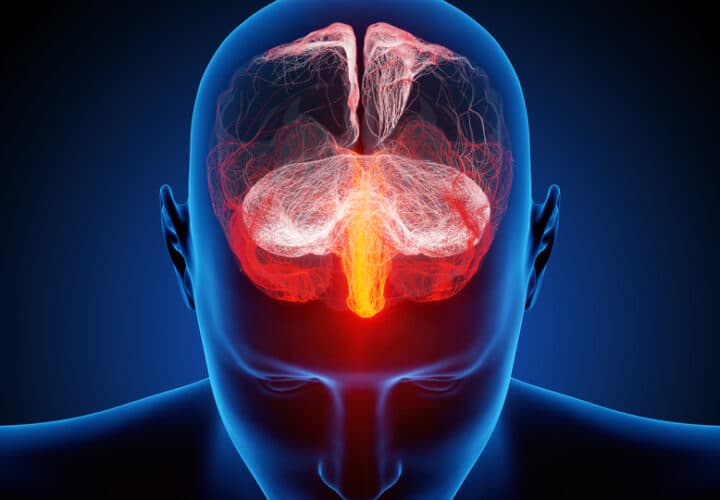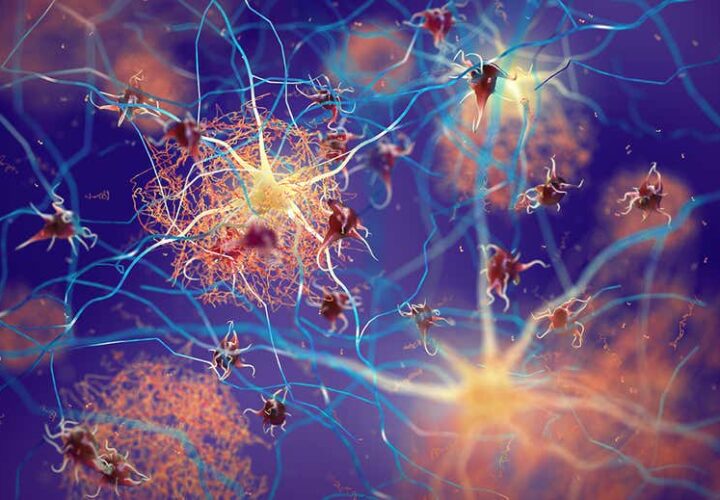Does life really flash before our eyes when we die? Scientists recorded the brain activity of a dying person. They found signs that the brain was active a little while after the heart stopped.
Does your life really flash before your eyes when you die? Through a chance occurrence, scientists recorded brain waves in a dying patient. The case study was published in Frontiers in Aging Neuroscience. The 87-year old with epilepsy was under observation by researchers using electronencephalography (EEG) to track seizure activity when they died from a heart attack.
Some news outlets, like the National Post, ran headlines with extraordinary claims: “The brain plays out ‘important life events’ in the seconds before death, study suggests.” However, the actual study doesn’t test or assess whether the brain activity is actually memory recall. The results of the study are more nuanced. Here’s what the study really found.
Does consciousness continue after the heart stops?
“Just before and after the heart stopped working, we saw changes in a specific band of neural oscillations, so-called gamma oscillations,” Dr. Ajmal Zemmar, neurosurgeon at the University of Louisville who was the corresponding author on the study, said of the research. Neural oscillations are brain waves, synchronized activity across large populations of neurons.
These gamma wave patterns occurred in sync with alpha waves in the brain, mimicking the activity which occurs during memory recall. This occurred even after the heart attack, indicating that the brain may be active after blood stops flowing. It isn’t clear if epilepsy or damage to the patient’s brain affected these measurements.
Does the same activity occur during a near-death experience? And is it directly tied to memory recall, as other news outlets leapt to suggest? That we don’t know. This case study does suggest that the brain could still be active for a few moments after blood flow ceases — but it is just one single incident, as opposed to a large-scale study.

What happens at the end of life?
While we may never know what is happening during these last moments, there are ways to prepare for the end of life. Even in later stages of Alzheimer’s or dementia, it is possible to provide sensory comfort.
Listening to familiar music can evoke meaningful memories, reduce anxiety and a sense of calm. Caregivers, friends or family just being present or providing light touch can have a soothing effect.
We don’t know if your life flashes before your eyes in the final moments, but we do know that these are some of the ways to offer a little more comfort in the final days and hours of life.




